The salary disparity between the WNBA and NBA is glaring, highlighting ongoing gender inequity in sports.
Caitlin Clark’s $338,056 over four years pales in comparison to Victor Wembanyama’s $55.7 million in the same period, with even the NBA’s lowest-paid player earning more than Clark’s first-year salary. This vast difference is unjust, considering the skill, effort, and value female athletes bring to their sport.
WNBA Commissioner Cathy Engelbert’s efforts to improve player conditions and salaries, including charter flights and salary increases, are commendable but face financial challenges.
The league’s smaller size and revenue streams compared to the NBA contribute to these limitations.
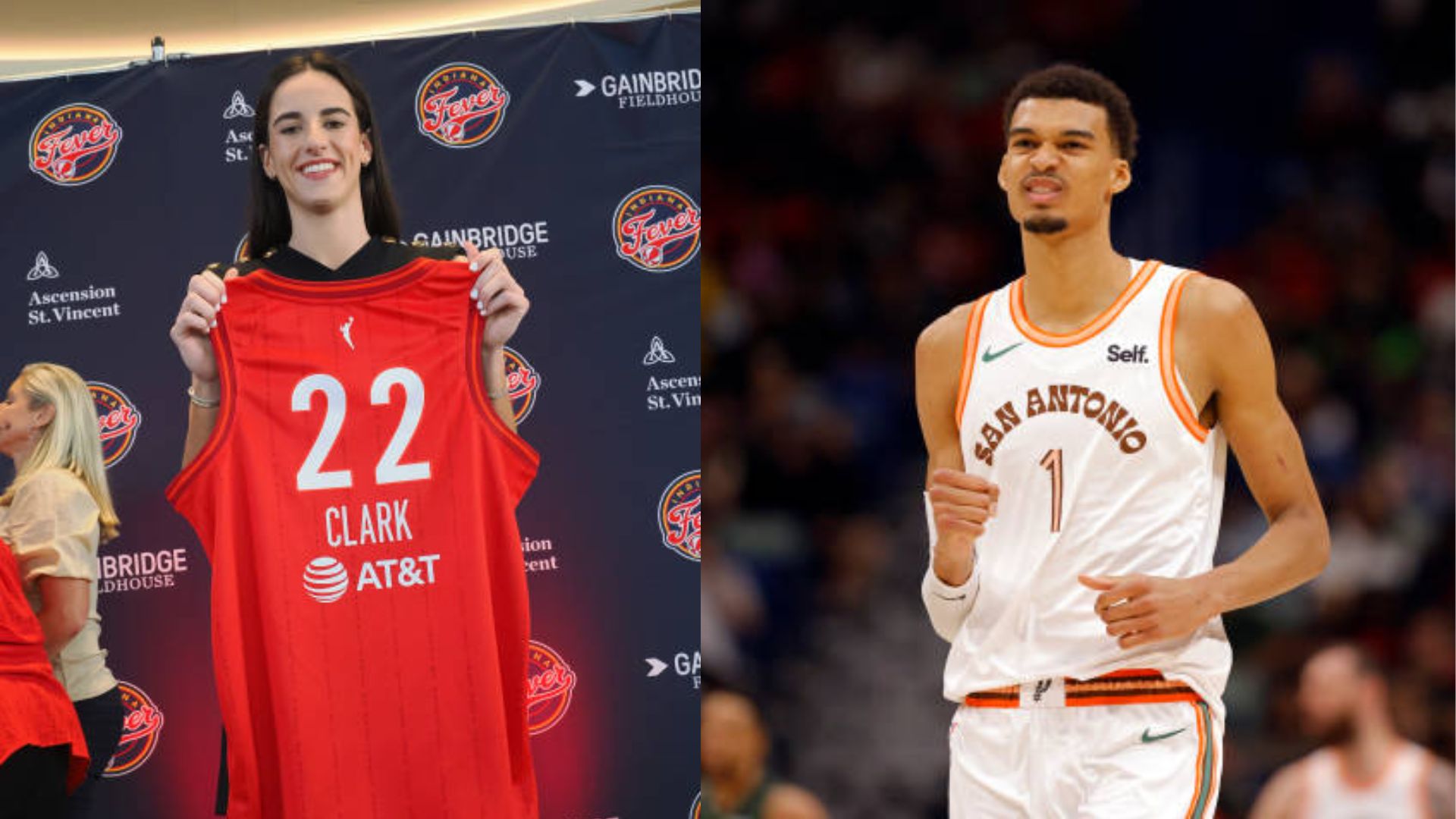
However, the WNBA’s growing popularity, exemplified by increased ticket sales and televised games, indicates potential for financial growth and improved player compensation.
To achieve greater gender equality, substantial changes are necessary. Increasing salaries, providing better travel accommodations, and expanding the league are steps in the right direction.
Beyond these, broader societal shifts and increased investment in women’s sports are essential. The public and influential figures like Russell Wilson and Jamie Lee Curtis recognizing and advocating for fairer treatment of WNBA players are crucial in driving change.
In a positive sign, the WNBA’s rising stars like Caitlin Clark are drawing more attention and support. This momentum should be leveraged to push for systemic changes that ensure female athletes receive the respect and compensation they deserve.




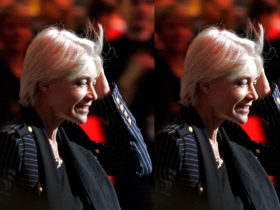



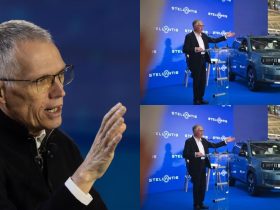







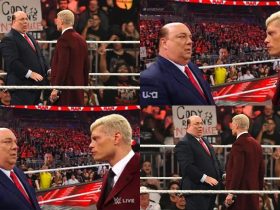
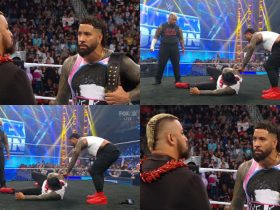

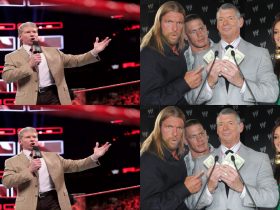
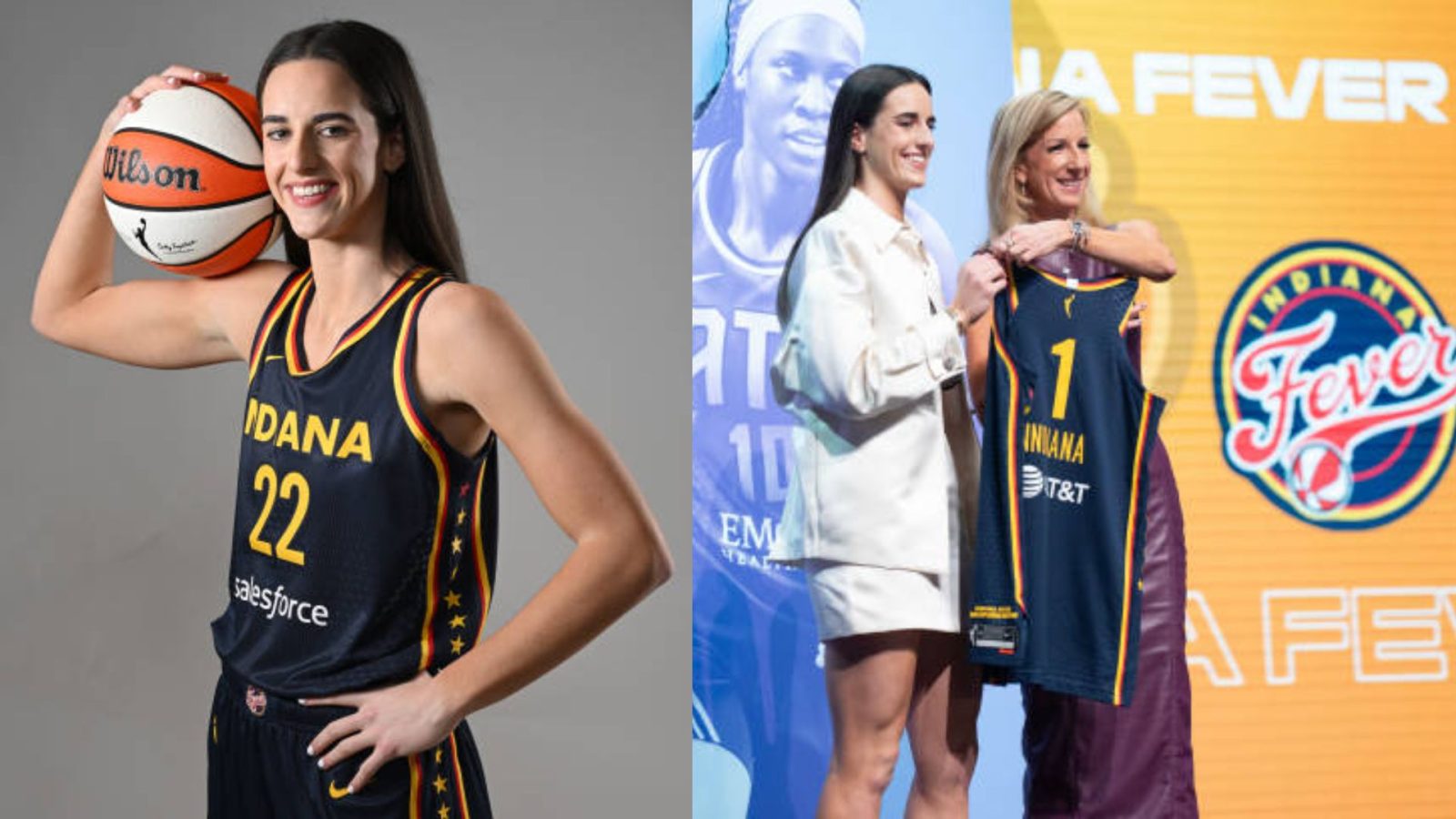


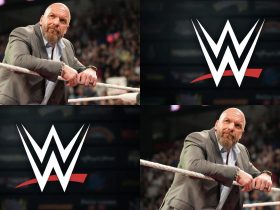
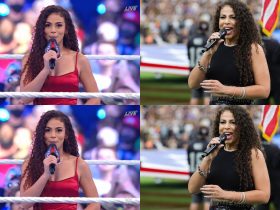



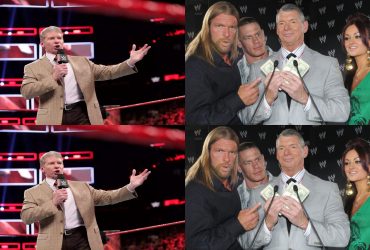
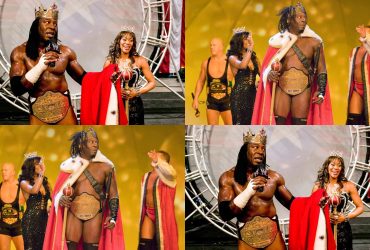

Leave a Reply